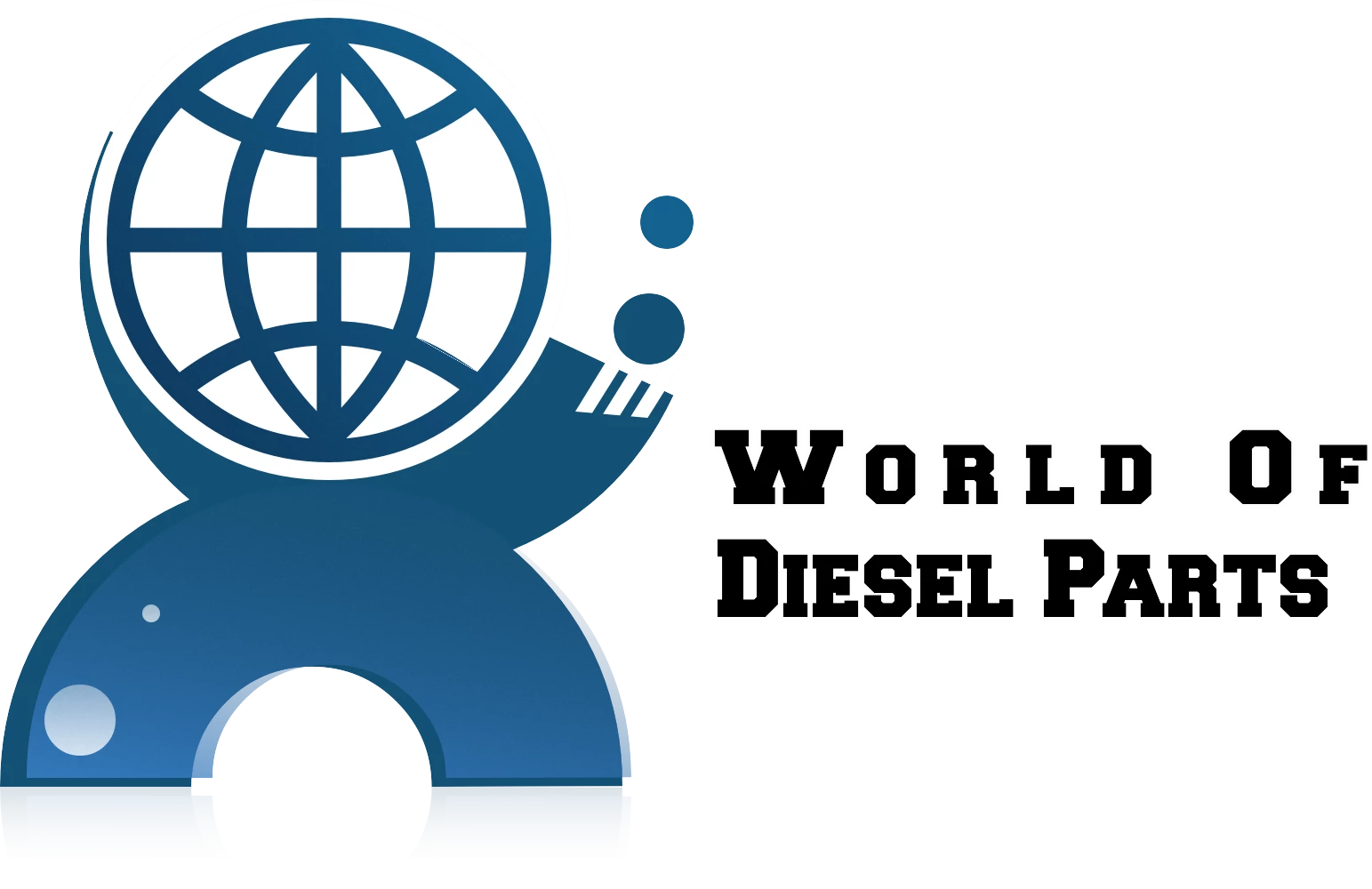Essential Diesel Engine Components: A Comprehensive Overview
Introduction:
Diesel engines are widely used in various industries due to their efficiency and durability. Understanding the key components of a diesel engine is crucial for maintenance, troubleshooting, and overall performance optimization. In this article, we provide a comprehensive overview of the essential components that make up a diesel engine, highlighting their functions and significance.

1. Cylinder Block and Cylinder Head:
The cylinder block forms the main structure of the engine, housing the cylinders where combustion takes place. The cylinder head covers the top of the cylinder block, containing the intake and exhaust valves, fuel injectors, and glow plugs. These components play a vital role in sealing the combustion chamber and facilitating the intake and exhaust processes.

2. Pistons and Connecting Rods:
Pistons are cylindrical components that fit snugly within the cylinders. They move up and down due to combustion forces, converting the pressure generated into mechanical energy. Connecting rods connect the pistons to the crankshaft, transmitting the linear motion of the pistons into rotational motion.

3. Crankshaft and Camshaft:
The crankshaft is responsible for converting the reciprocating motion of the pistons into rotational motion. It transfers power from the pistons to the transmission system. The camshaft controls the opening and closing of the valves, ensuring proper timing for fuel injection, combustion, and exhaust.
4. Fuel Injection System:
Fuel injection plays a critical role in diesel engines. This system consists of fuel injectors, a high-pressure fuel pump, and fuel lines. Fuel injectors atomize the fuel and deliver it directly into the combustion chamber at high pressure. Proper fuel injection ensures efficient combustion and optimum engine performance.

5. Turbocharger or Supercharger:
Turbochargers and superchargers increase the volume of air entering the engine, allowing for improved combustion and increased power output. Turbochargers utilize exhaust gas energy to compress incoming air, while superchargers are driven by the engine’s crankshaft. Both devices enhance engine efficiency and performance.
6. Cooling System:
Diesel engines generate significant heat during operation, necessitating an efficient cooling system. The cooling system comprises a radiator, coolant, water pump, and thermostat. It maintains the engine at an optimal temperature, preventing overheating and ensuring proper functioning of components.
7. Lubrication System:
The lubrication system provides essential oil to various engine components to minimize friction and reduce wear. It consists of an oil pump, oil filter, and oil passages throughout the engine. Proper lubrication prevents damage and prolongs the lifespan of critical components.
8. Exhaust System:
The exhaust system controls emissions and removes combustion byproducts from the engine. It includes the exhaust manifold, catalytic converter (if applicable), and muffler. Properly designed exhaust systems improve engine performance, reduce noise, and meet emission standards.
Conclusion:
Understanding the essential components of a diesel engine is vital for optimizing performance, ensuring reliability, and facilitating maintenance. From the cylinder block to the exhaust system, each component plays a crucial role in the engine’s overall functionality. By comprehending these components and their functions, operators can effectively troubleshoot issues, perform routine maintenance, and maximize the longevity and efficiency of their diesel engines.
